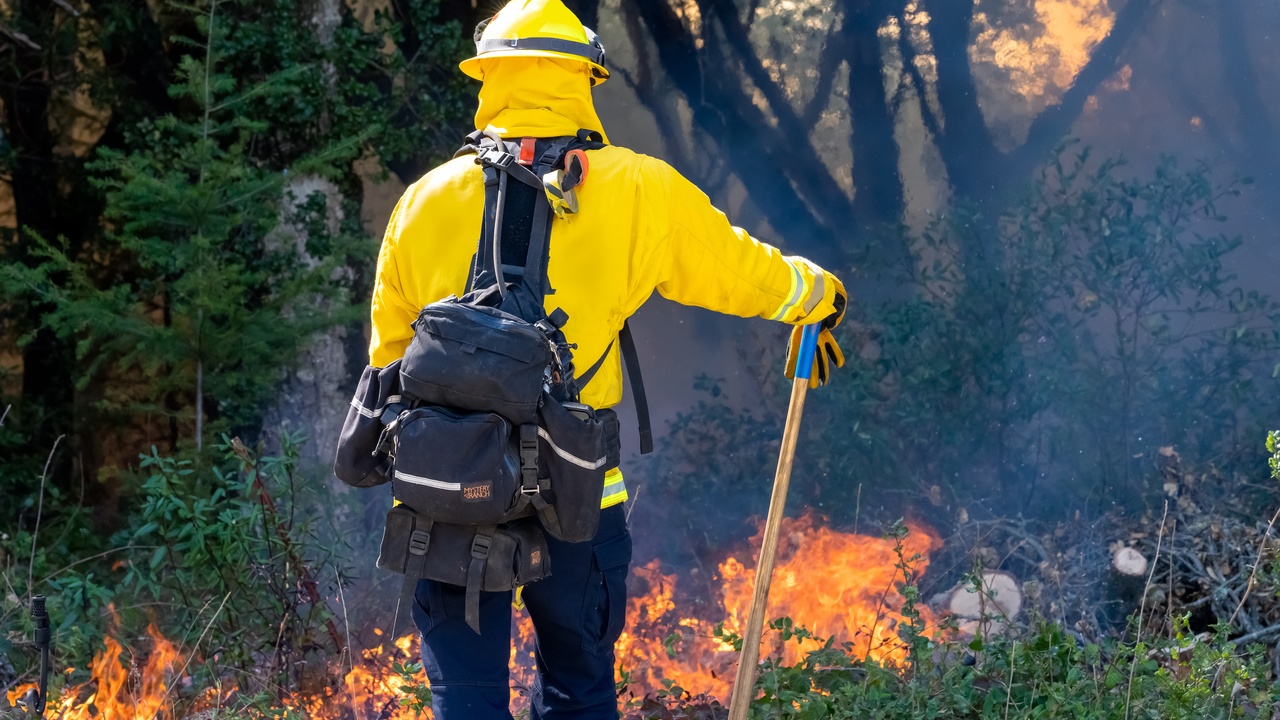Wildland firefighting demands more than physical strength. While intense training prepares the body for the physical toll, the mental challenges are equally formidable. Fires evolve unpredictably, requiring decisions to be made under pressure. For those who wish to thrive and stay safe in this field, building the right mindset for wildland firefighting is essential.
Understanding the Wildland Environment
The wildland firefighting landscape is a world of unpredictability. Fires spread rapidly across remote terrains, presenting chaotic and physically punishing conditions. Success in this environment means confronting the unknown while staying adaptable. Decisions must be made in seconds, often with limited resources and incomplete information.
Hesitation or a lack of mental readiness can have serious consequences. This job isn’t just about bravery; it requires a disciplined blend of calculated thinking and unrelenting grit.
Mental readiness goes far beyond simple determination. It involves staying composed under immense stress, working shifts despite exhaustion, and recognizing that every team member is crucial to collective survival. For wildland firefighters, long hours, dangerous terrain, and team reliance create mental and physical demands that are inseparable from the role.
Developing a Wildland Firefighter’s Mindset
Resilience separates professionals from those who flinch in the face of pressure. Panicking can escalate a situation, while remaining calm keeps options open. The wildland firefighting environment doesn’t forgive carelessness, nor does it reward impulsivity. Resilience is built over time through failed attempts, repeated exposure, and reflection. Being pushed to one’s limits during drills mimics the real stakes and strengthens mental fortitude.
Discipline forms the backbone of preparedness. Structured routines like daily gear checks and hydration practices create a rhythm that helps firefighters stay ready. By sticking to these habits, firefighters can build consistency, giving them a sense of stability in chaos.
Sleep and physical wellness are equally tied to mental sharpness. Fatigue dulls judgment, so managing one’s health directly enhances tactical decision-making and situational awareness. The top ways firefighters can stay physically healthy include prioritizing recovery, nutrition, and mobility to support the kind of mental clarity that wildland operations demand.
Team Mentality and Shared Purpose
Wildland firefighting is not a solo endeavor. Mental resilience is amplified by trust between crew members. Clear communication and an understanding of roles ensure smooth operations in high-pressure situations. A connected team adapts better to emergencies, knowing they have each other’s backs no matter what.
Veteran firefighters often carry invaluable wisdom about facing fires and personal fears. Those new to the field benefit from humility and a willingness to learn. Veterans demonstrate how mental toughness evolves and share lessons that reinforce crew strength.
Mindset as a Lifeline
Ultimately, building the right mindset for wildland firefighting takes time and discipline. It’s not a button firefighters can press in emergencies but rather an effort cultivated through preparation and consistency.
A strong mindset, paired with physical readiness and a commitment to teamwork, serves as the foundation for both safety and success in the field. Those who prioritize mental preparedness are better equipped for the unpredictable challenges of wildfire suppression.

